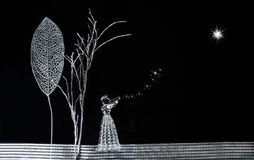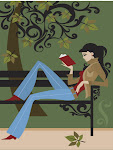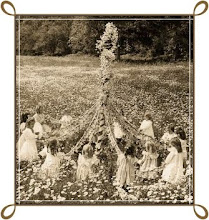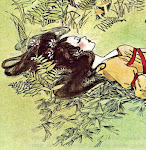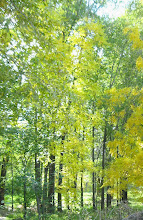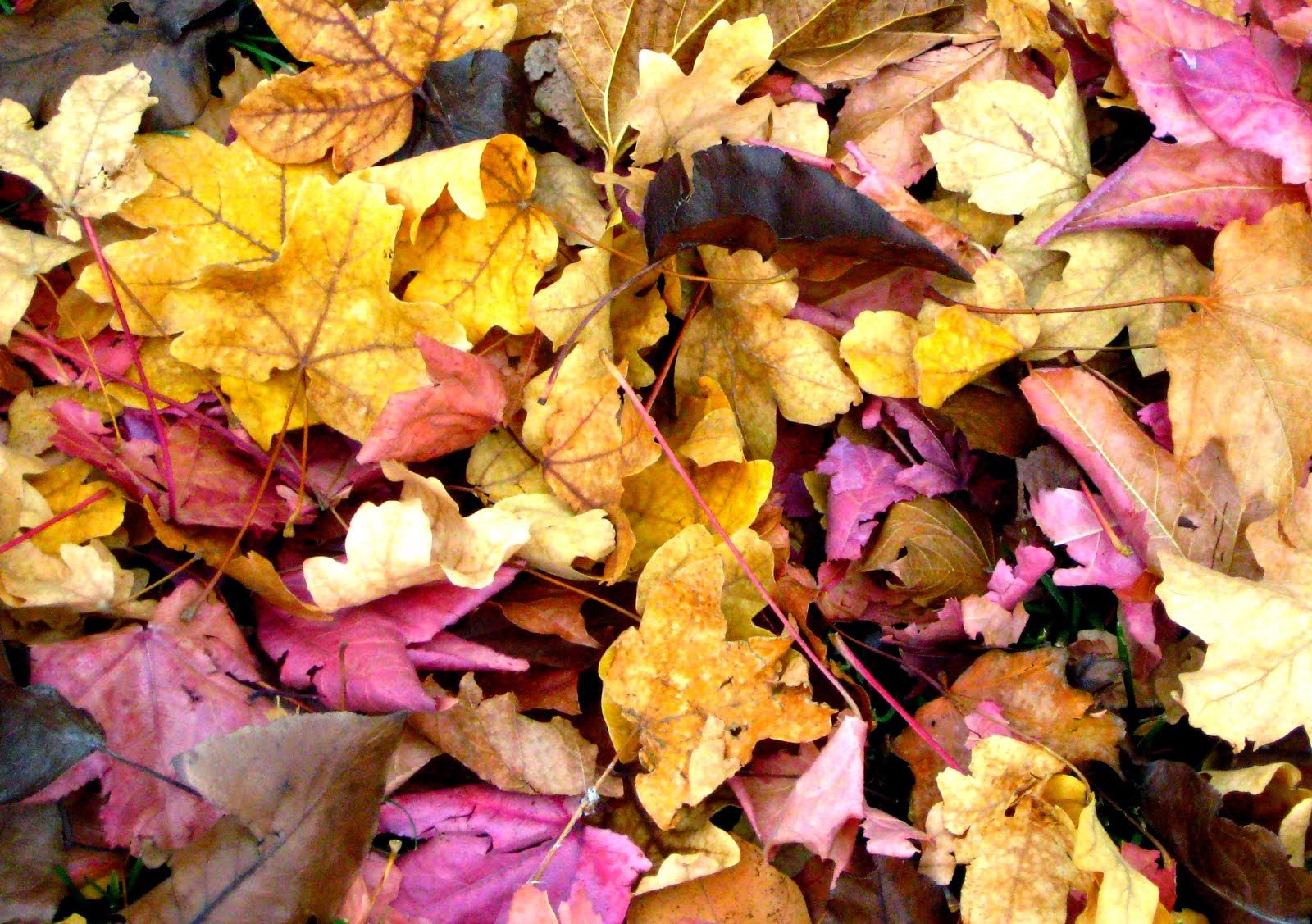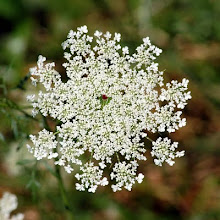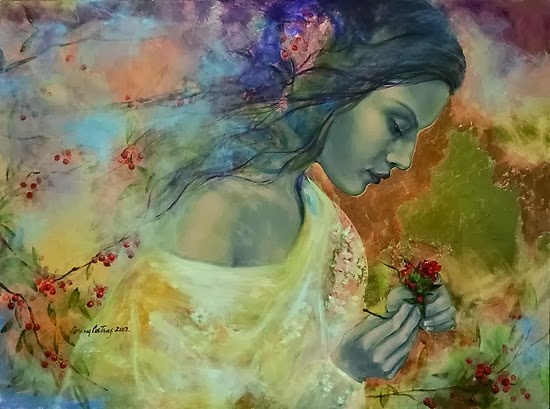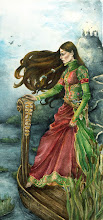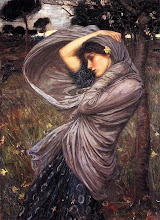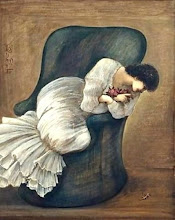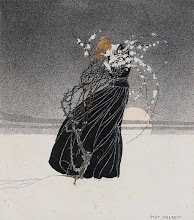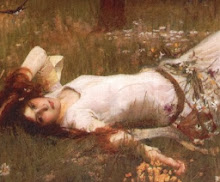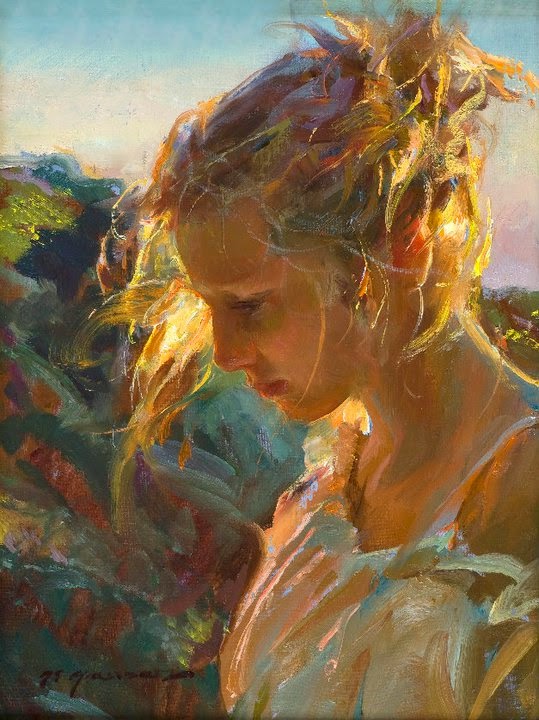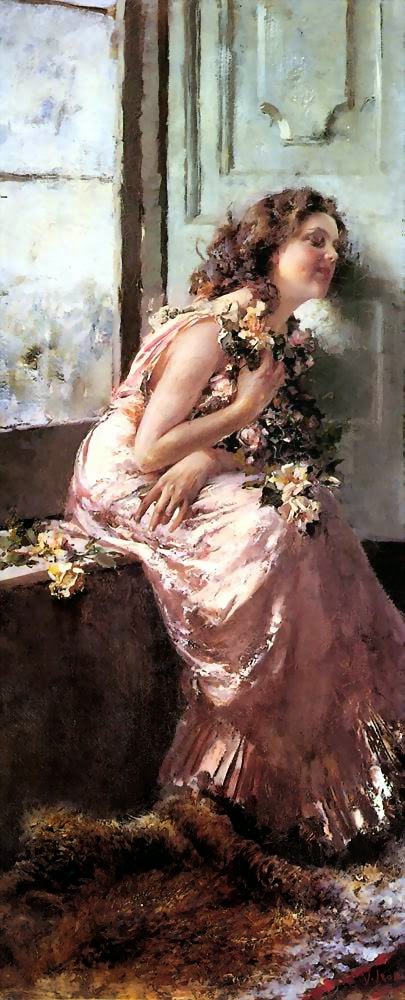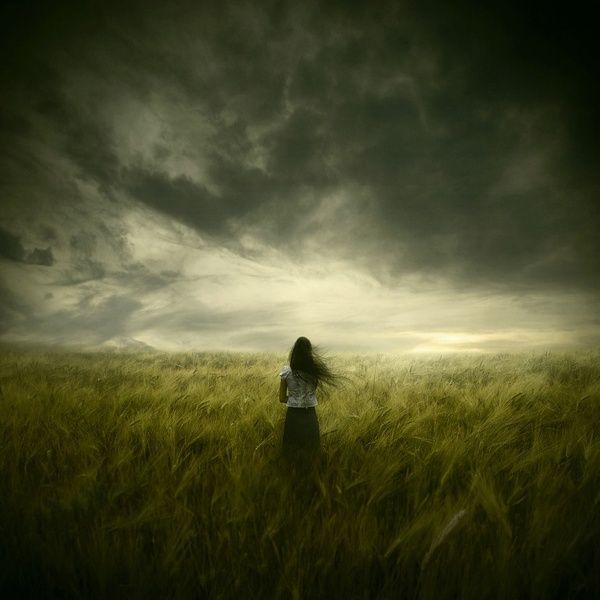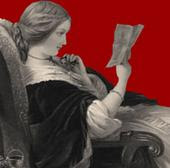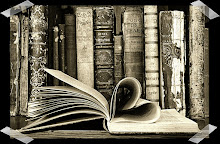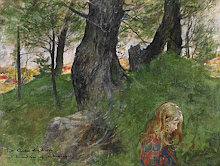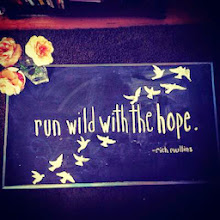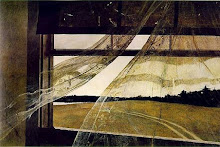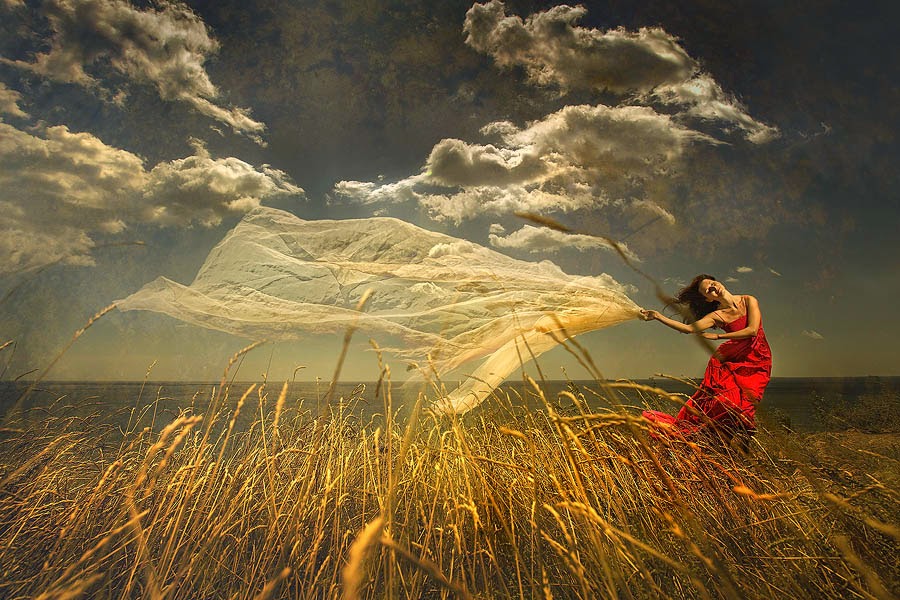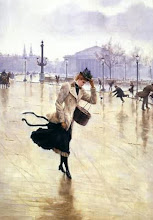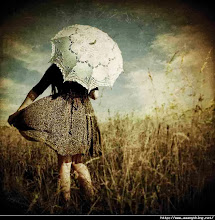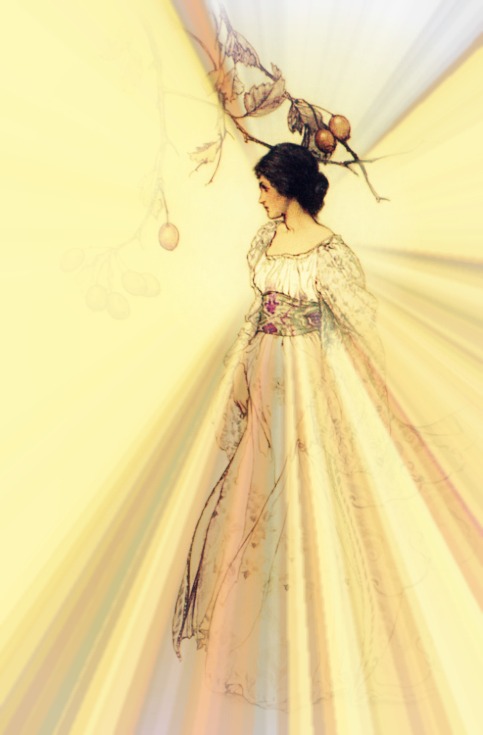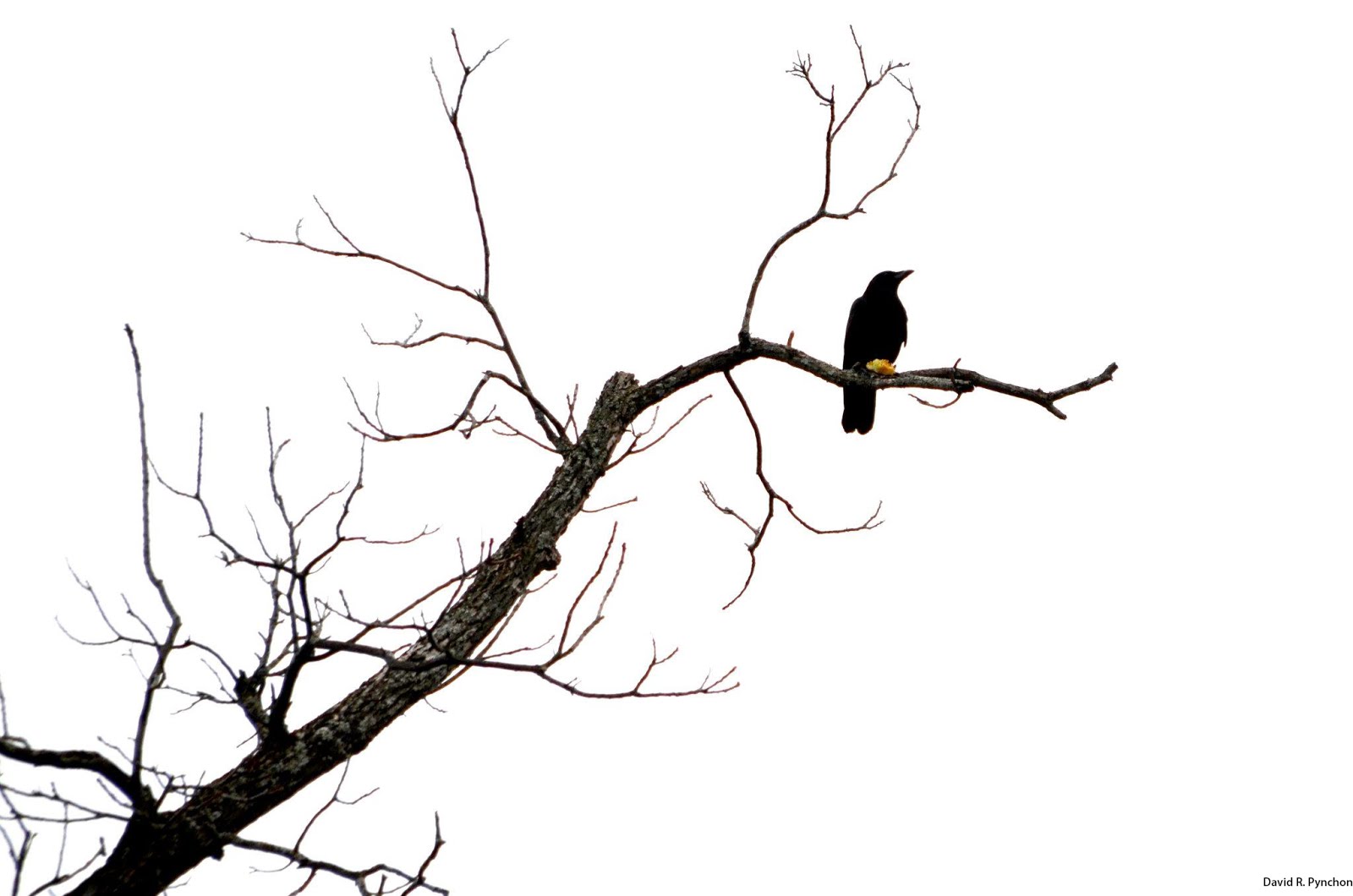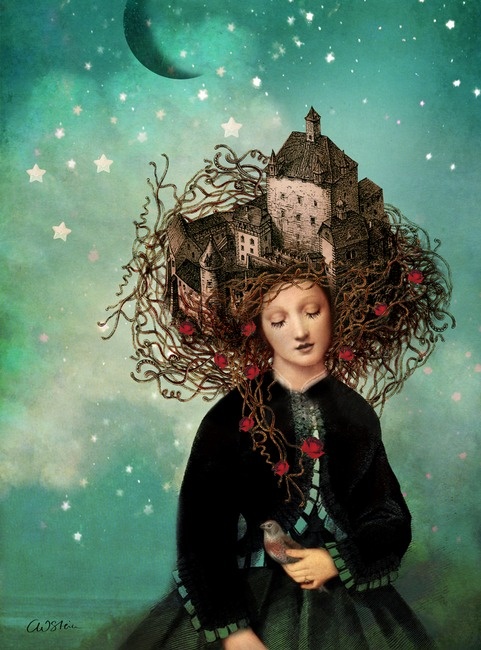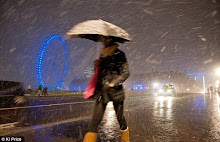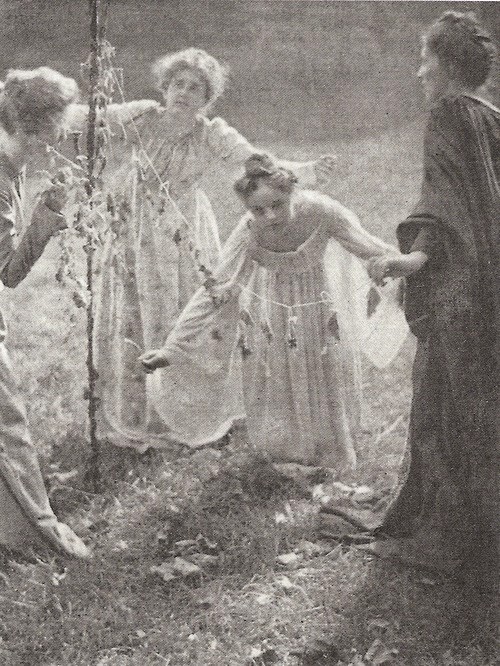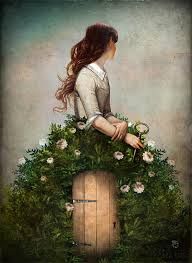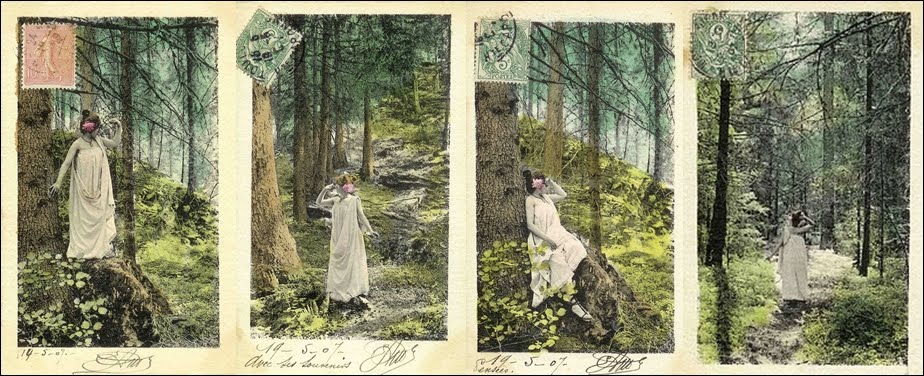




Victor Hugo was a French writer, playright, and poet. He is best known in America as the writer of "Les Miserables."

Les Miserables
The Hunchback of Notre Dame
Toilers of the Sea
The Man Who Laughs



Charlotte Bronte grew up the daughter of a clergyman in Victorian Northern England. She, with her sisters, Anne and Emily, became the greatest literary family to the known world. Charlotte wrote her novels using real life experiences and feelings. One of the best biographies that illustrates this is a book called, "Charlotte Bronte: The Self Conceived."

Jane Eyre
Shirley
Vilette
The Professor



Jane Austen was an English country girl who wrote about the country life in southern England that she knew firsthand. Six novels were published under the name "By a Lady" or "By the Author of." She died at age 41, but not before she wrote several brilliant novels to share with the world.

Sense & Sensibility
Pride & Prejudice
Emma
Persuasion
Mansfield Park
Northanger Abbey



Charles Dickens wrote about the real Victorian England in his books. An England many did not want to know, or hear about, the poor and suffering. Oliver Twist and David Copperfield come to mind. In "The Life of Our Lord," Dickens wrote his religious beliefs to his children. His most famous work was, "A Christmas Carol."

A Tale of Two Cities
Oliver Twist
David Copperfield
Great Expectations
Nicholas Nickleby



Henry James was an American writer who wrote like an English novelist, something he purposefully pursued as an anglophile. From wikipedia: "James insisted that writers in Great Britain and America should be allowed the greatest freedom possible in presenting their view of the world, as French authors were. His imaginative use of point of view, interior monologue and unreliable narrators in his own novels and tales brought a new depth and interest to realistic fiction."

Washington Square
The Europeans
Portrait of a Lady
The Bostonians
Daisy Miller
The American



Although Wilkie Collins wrote 27 novels and a variety of other writings including poems, he is best known for two books, The Woman in White and The Moonstone. Both are suspenseful books and were serialized at their first publication.
Collins was a contemporary and friend of Charles Dickens and at one point was more successful monetarily.

The Woman In White
The Moonstone



Elizabeth Gaskell wrote several novels in the Victorian era, which have now been adapted to film many times, including North and South and Cranford. She is best known for her biography of Charlotte Bronte called, "The Life of Charlotte Bronte."

Cranford
North and South
Wives and Daughters
The Life of Charlotte Bronte



The British-born Forster is mainly known for his novels, including, Room With A View, Passage To India, and Howard's End. A quote from Room With A View says, ''Life is a public performance on the violin, in which you must learn the instrument as you go along."

A Room With A View
Howard's End
A Passage To India



Louisa May Alcott was an American writer, influenced by "visits to Ralph Waldo Emerson's library, excursions into nature with Henry David Thoreau and theatricals in the barn at Hillside, now Hawthorne's "Wayside"."(from Alcott's official site). Her most famous work, Little Women, was based on her own life and the lives of her sisters. During her lifetime, she had 30 books published.

Little Women
The Inheritance



Lucy Maud Montgomery created one of the most loveable characters and wonderful stories of Canadian country life when she planted Anne Shirley on Prince Edward Island. Montgomery wrote other book series, but none as enchanting as Anne of Green Gables.

Anne of Green Gables
Anne of Avonlea
Anne of The Island
Anne's House of Dreams
Rainbow Valley
Rilla of Ingleside
Anne of Windy Poplars
Anne of Ingleside



Thomas Hardy wrote a host of critically acclaimed novels that reflected real life and portrayed flawed characters. Interestingly, Hardy wrote novels mostly to pay the bills, considering his main profession to be a poet.

Tess of the D'urbervilles
Far From The Maddening Crowd
The Mayor of Casterbridge
Under the Greenwood Tree
Return of the Native
The Woodlanders
Jude the Obscure



As part of the Bronte family, Anne, along with her sisters Charlotte, and Emily, wrote some of the best literature of her time and beyond. The sisters lived tragic lives and were often isolated at their parsonage home. Anne wrote only two novels, "Agnes Grey," in which she reflected upon her experiences as a governess, and "The Tenant of Wildfell Hall."

Agnes Grey
The Tenant of Wildfell Hall



Lord Alfred Tennyson wrote books and poetry and became Poet Laureate in 1850, until his death. Some of his best known works include, "The Charge of the Light Brigade," and "The Lady of Shalott, which inspired many artists to paint scenes from the poem."
Out flew the web and floated wide-
The mirror crack'd from side to side;
"The curse is come upon me," cried
The Lady of Shalott



Irish born author C.S. Lewis wrote about his conversion to Christianity in Mere Christianity, and his other books contain Christian themes as well. Many have been inspired by his works, including J.K. Rowling, author of the Harry Potter books.

Mere Christianity
Narnia books



Anne Frank was a Jewish teenager living in Holland when her world was turned upside down during World War 2. She went into hiding for two years with her mother, father, and sister. During her time in hiding, she kept a diary of her life and thoughts. After two years, her family was caught and she died in a concentration camp with her mother and sister. Her father survived and had her diary published. Anne was wise beyond her years and her words speak for her and millions like her who had no voice.

The Diary of Anne Frank



The story of Corrie Ten Boom and her family takes place during World War 2. She lived in Holland with her sister and parents. The Ten Booms were driven to hide Jewish people in their home and watch shop, at the risk of their own lives. After years of hiding and helping many people, they were caught and sent to a concentration camp. Corrie survived and wrote The Hiding Place about their experiences, and as a testimony to God and the human spirit.

The Hiding Place



Alison Weir is a modern author whose works are primarily biographies of English Royalty, particularly the Tudors.

The Six Wives of Henry 8th
The Life of Elizabeth 1
Britain's Royal Families: The Complete Genealogy
The Princes in the Tower
The Wars of the Roses
The Children of Henry VIII
Henry VIII:
The King and His Court
Mary, Queen of Scots and the Murder of Lord Darnley
Queen Isabella: Treachery, Adultery, and Murder in Medieval England
 "Bread and water can so easily be toast and tea." (Anonomous)
"Bread and water can so easily be toast and tea." (Anonomous)


